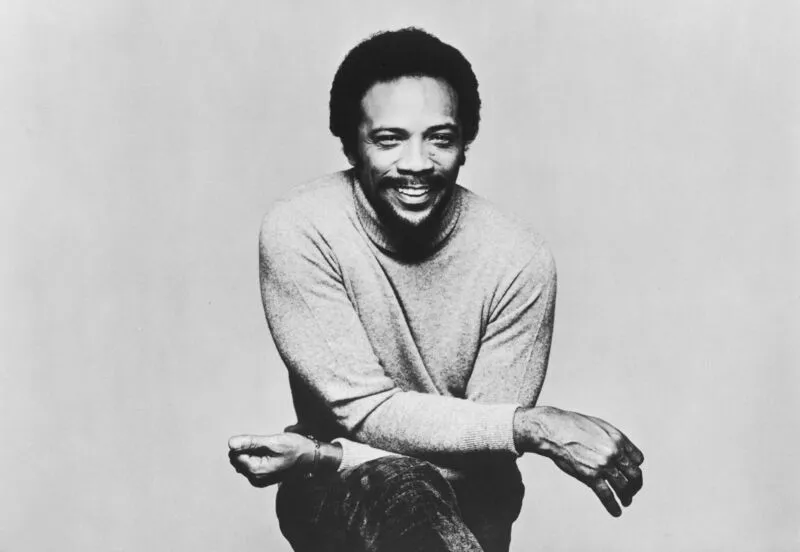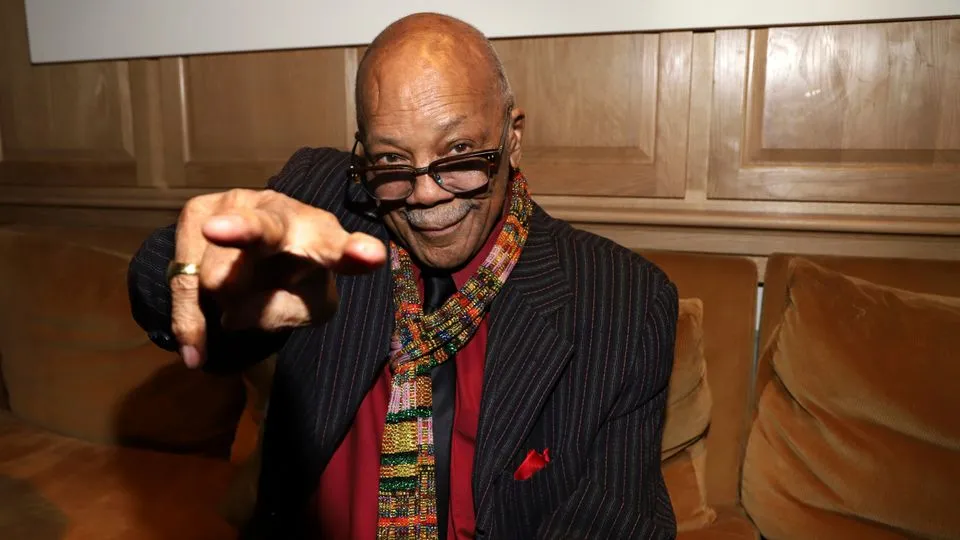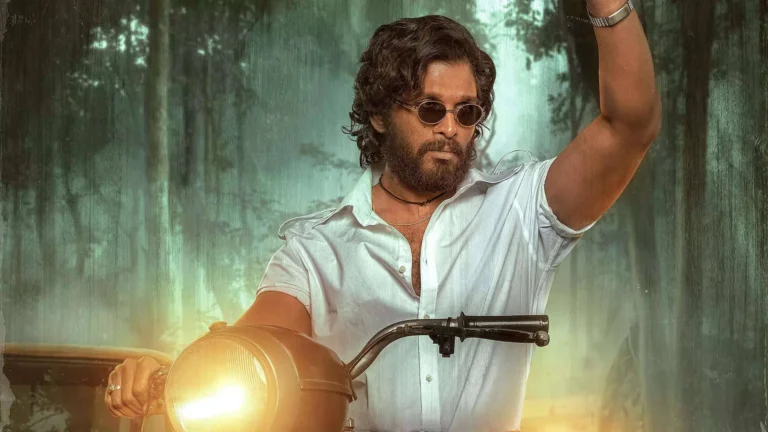Quincy Jones, an unparalleled music producer, composer, and cultural icon, has died at 91, leaving behind a monumental legacy in American music, film, and entertainment. Known for producing Michael Jackson’s Thriller—still one of the best-selling albums of all time—Jones’s career spanned over seven decades, bridging jazz, pop, R&B, and film scores. His contributions include collaborations with industry legends like Frank Sinatra, Ray Charles, and Ella Fitzgerald, as well as groundbreaking television and film compositions.

Jones passed away on Sunday night at his home in Bel Air, Los Angeles, surrounded by family. His loved ones released a statement saying, “Tonight, with full but broken hearts, we must share the news of our father and brother Quincy Jones’ passing. Although this is a great loss for our family, we celebrate the incredible life he lived, knowing there will never be another like him.”
Quincy Delight Jones Jr. was born in 1933 on the South Side of Chicago and raised amid difficult circumstances. His mother suffered from mental health issues and was later institutionalized, leaving Quincy and his brother to navigate a tumultuous childhood in a tough neighborhood. In his youth, Jones fell into the world of gang activity but discovered music as his escape. He found solace at a local recreation center, where he encountered a piano, and by the age of 11, he knew music was his future. This early connection became a lifelong dedication that saw him rise to become one of the most respected figures in the entertainment industry.
Jones’s career began in jazz, where he played trumpet and arranged music for top-tier bandleaders like Count Basie and Lionel Hampton. His talent led him to work alongside a young Ray Charles, and the two became lifelong friends. By his early twenties, Jones had already begun composing and arranging, a journey that would eventually take him to Paris, where he studied music and gained new perspectives on composition. He returned to the U.S. to work as a freelance arranger, ultimately becoming one of the first Black executives at Mercury Records in the early 1960s, a groundbreaking achievement in a racially segregated industry.
Jones reached new heights in the 1970s and ’80s, starting with his collaborations with Michael Jackson on Off the Wall, Thriller, and Bad. These albums were transformative, blending pop, rock, R&B, and funk in ways that shattered genre barriers and solidified Jackson’s status as the “King of Pop.” Tracks like “Billie Jean” and “Don’t Stop ’Til You Get Enough” epitomized Jones’s innovative soundscapes, mixing rhythmic diversity and electronic textures. On Thriller, Jones recruited Eddie Van Halen to play guitar on “Beat It” and brought in Vincent Price for the iconic spoken word segment on the title track. The album became a cultural phenomenon, selling over 20 million copies in 1983 alone and revolutionizing the music industry.
Jones’s influence extended beyond the recording studio. In Hollywood, he broke barriers as the first Black musical director for the Academy Awards in 1971 and became a respected film and television composer, with scores for classics like Roots, In the Heat of the Night, and The Color Purple, the latter of which received 11 Academy Award nominations. Though he was disappointed that The Color Purple did not win any Oscars, the film became a cultural landmark, introducing actors like Oprah Winfrey and Whoopi Goldberg to the big screen.
In addition to his creative work, Jones was a pioneer in media and philanthropy. He launched Vibe magazine, a staple in hip-hop and pop culture media, and co-founded Qwest Broadcasting. He also organized and produced the charity single We Are the World in 1985, which brought together stars like Bob Dylan, Stevie Wonder, Bruce Springsteen, and Jackson to raise millions for famine relief in Africa. Jones was dedicated to philanthropy, saying, “The best and only useful aspect of fame and celebrity is having a platform to help others.” His foundation, the Quincy Jones Listen Up! Foundation, was established to support youth through music, technology, and culture.
Throughout his life, Jones received numerous honors, including 28 Grammy Awards, an honorary Academy Award, an Emmy, and France’s Legion d’Honneur. His accomplishments span an 18-page list in his autobiography, Q, and he was celebrated with a Kennedy Center tribute for his contributions to American culture. His journey was also documented in two films, including Listen Up: The Lives of Quincy Jones and a 2018 documentary directed by his daughter, Rashida Jones.
Jones was known for his candid reflections on his life and relationships. He had seven children with five different partners and was open about his personal struggles, including his near-death experience following a brain aneurysm in 1974. Known for his unfiltered honesty, Jones admitted to having a “criminal level of optimism” and saw life as an adventure, filled with moments of creativity and learning.
In his later years, Jones occasionally expressed grievances about the industry and some of his collaborators. Following Jackson’s death, he filed a lawsuit against the singer’s estate, seeking royalties for his contributions. In a 2018 interview, he candidly discussed his views on the industry and admitted to feeling both proud and critical of his collaborations. His outspokenness was matched by his legacy as a creator, mentor, and cultural pioneer.
Quincy Jones is survived by his children, including Rashida, Kidada, and Quincy III, and leaves a legacy that will forever shape music and entertainment. He is remembered as a visionary who connected cultures and genres, made history across industries, and inspired countless artists to dream bigger.






